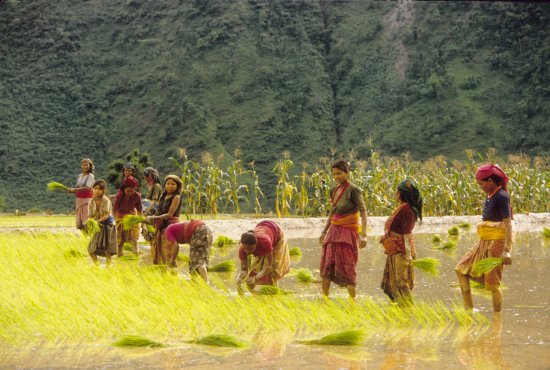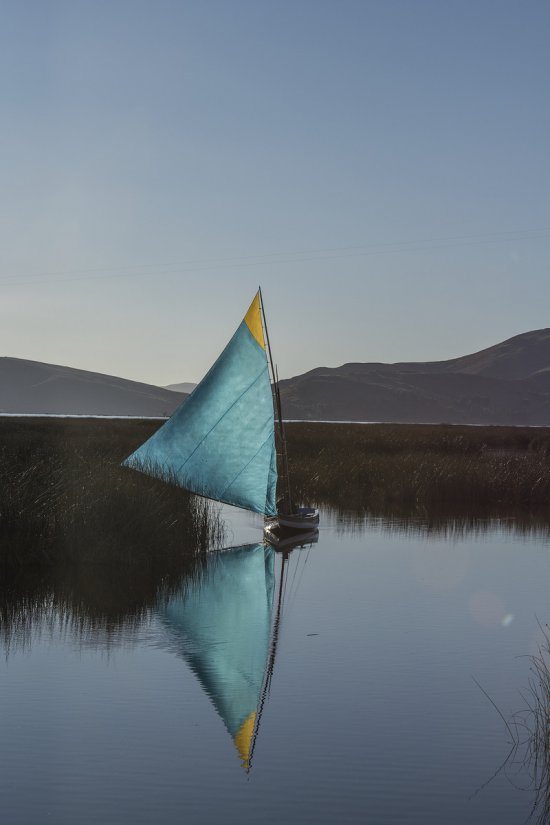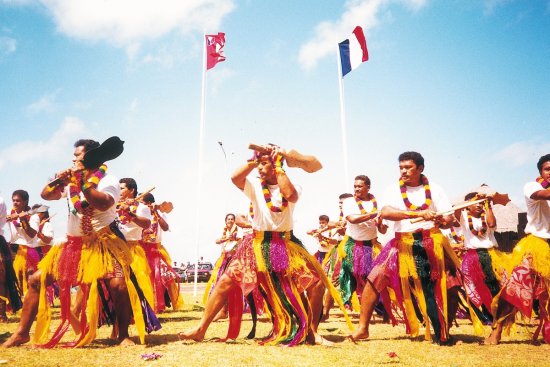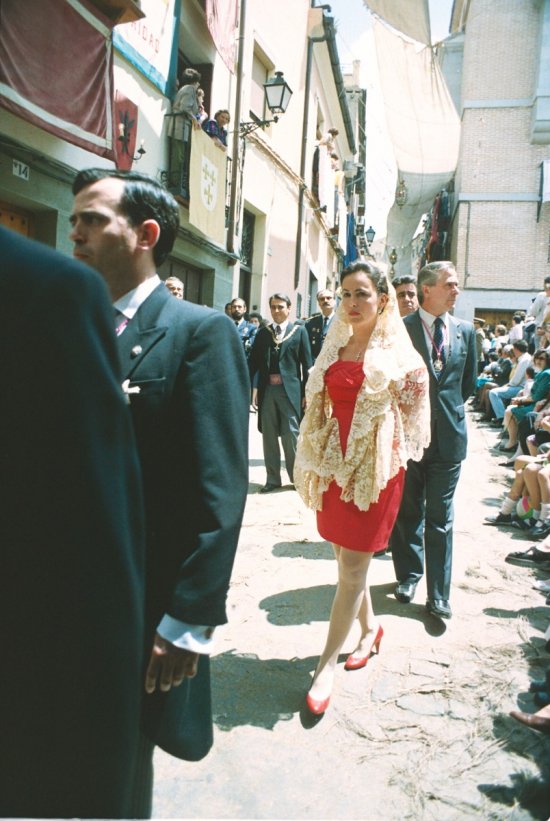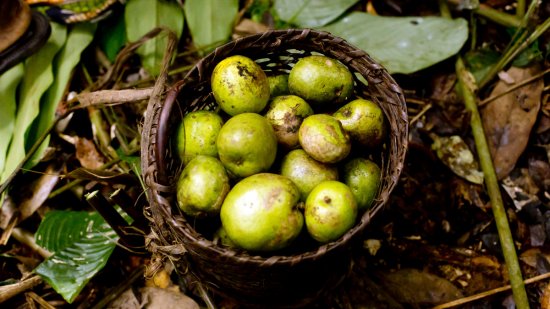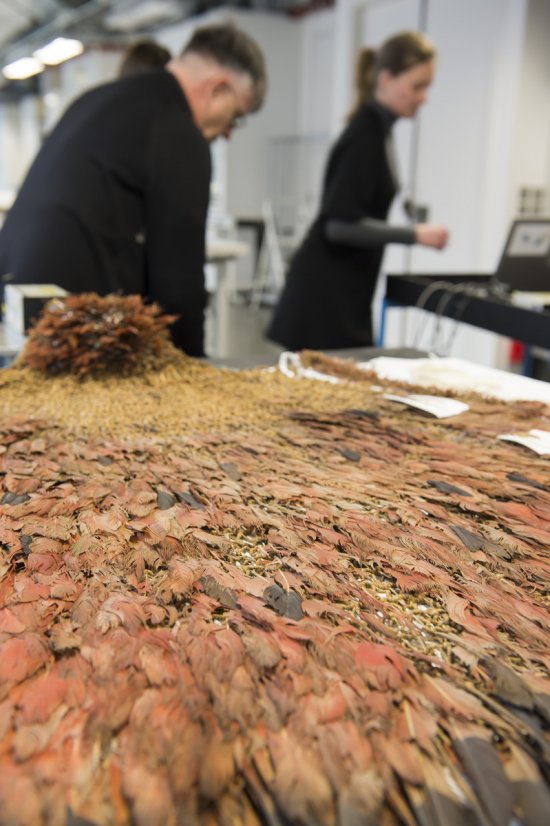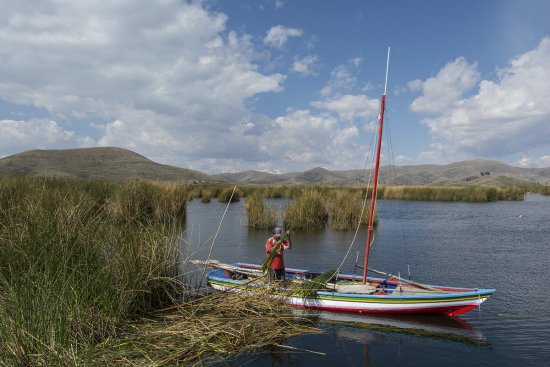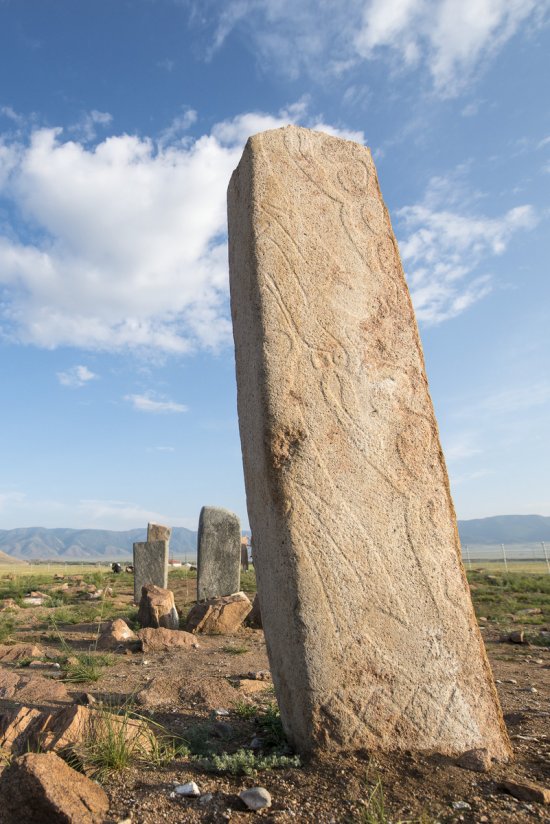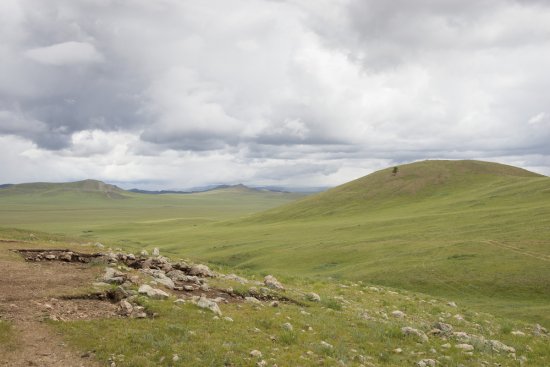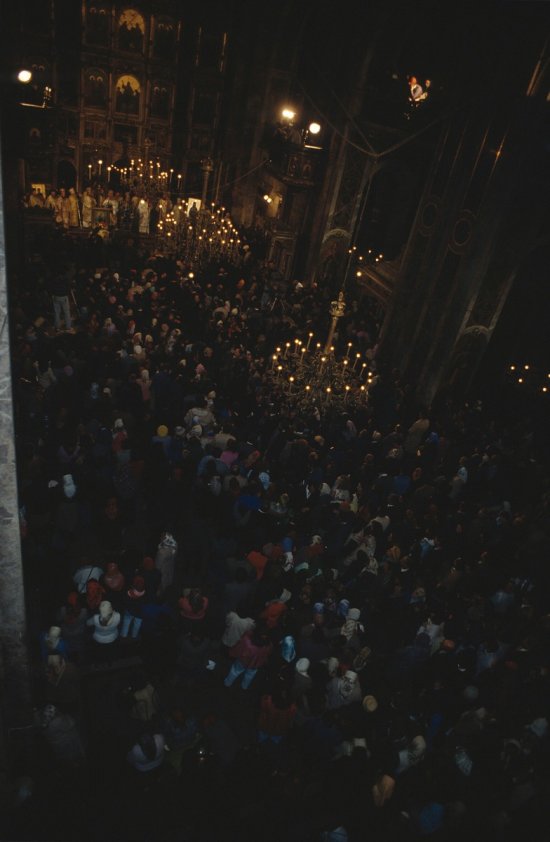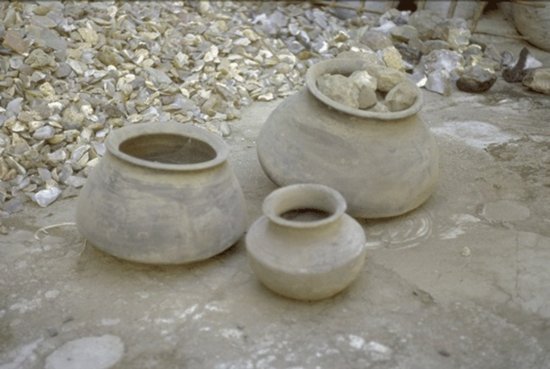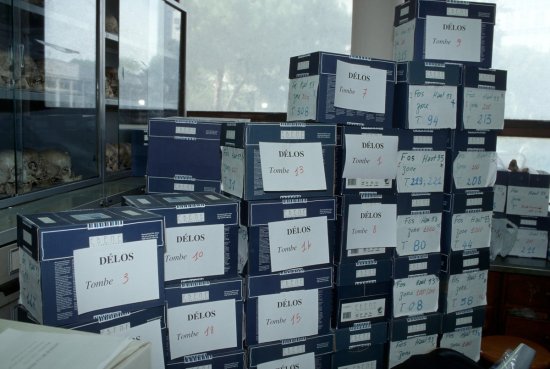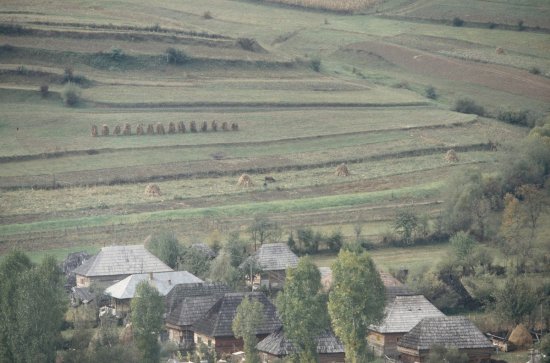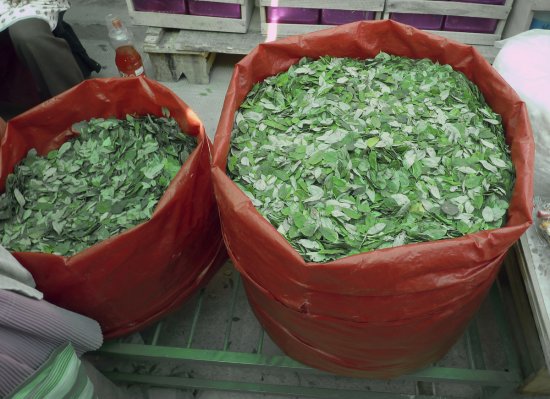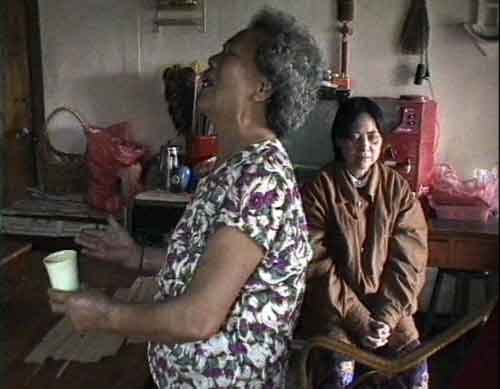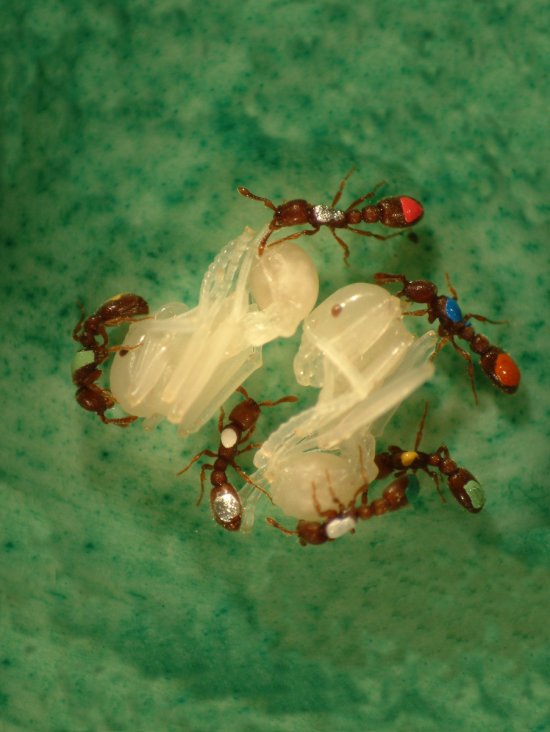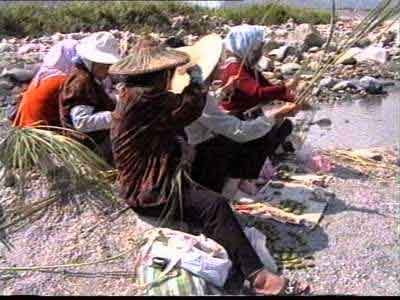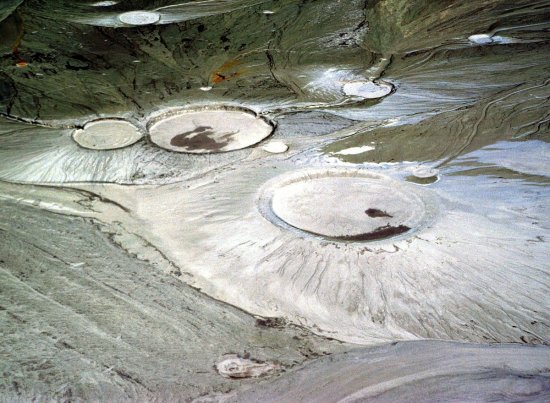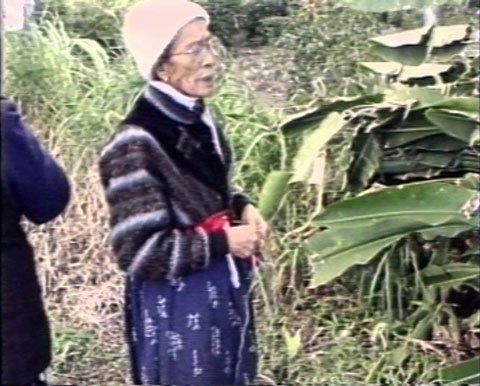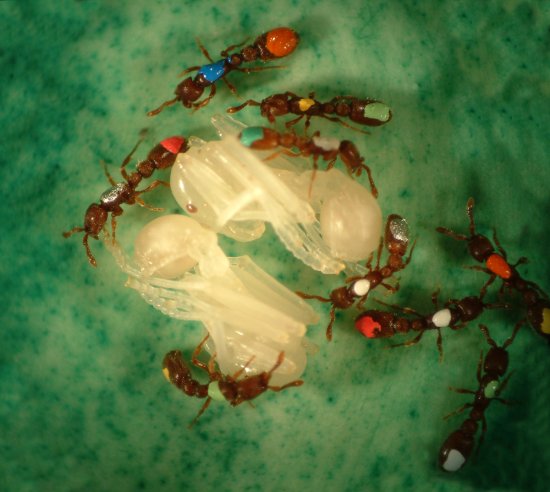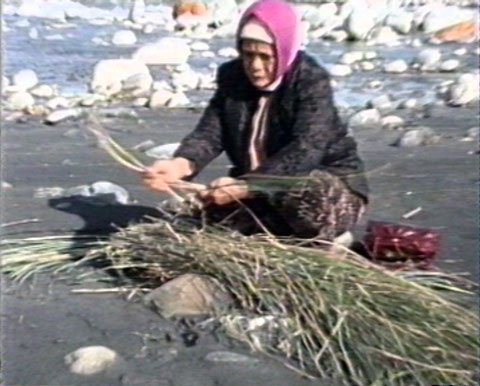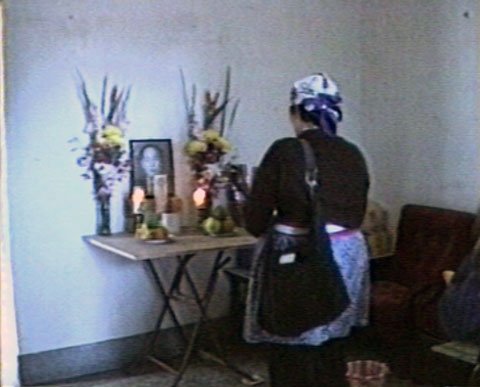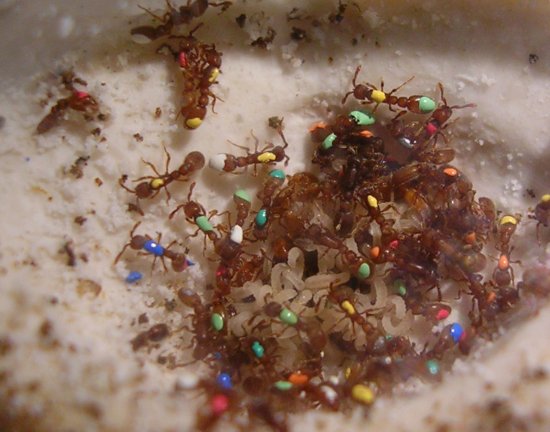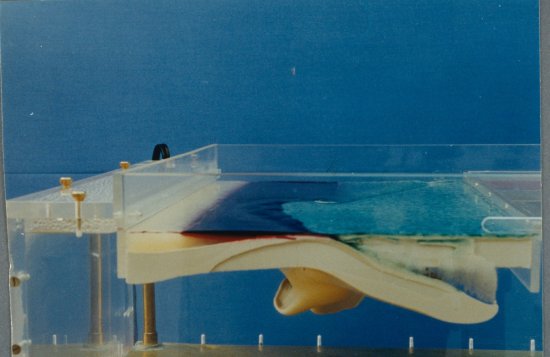© V. Arnaud / CNRS 2011
Reference
2944
Botel-Tobago
Rituals and daily life of the Yamis, the Men Of-the-Island (Tau Du-Pungsu) of Botel-Tobago, a small coral island located off the coast of Taiwan, filmed in the 1970's. Their community practices the irrigated cultivation of taro as well as dry cultivation such as millet, and fishing. These activities differ according to the three seasons of the lunar year.
The whole life of the islanders is centered on the fishing season of the migrating fish, in large and small assembled pirogues - flying fish, dolphinfish and high sea fish - which takes place from March to July. Rites of opening are celebrated in order to ‘shape the port ' (meyvanua) and call the flying fish of the first migrations.
Even though the Yamis have been converted to Christianity, their ritual practices hinge on a vast category of entities : celestial divinities called ‘the Men From-Above ' (Tau Du-Tu), ‘the wandering souls ' (anitu) which inhabit the Yami universe, and ‘the vital principles ' (pahad) animating the human body as well as the plants (millet), the animals (flying fish) or the sacred objects (gold pectorals).
The collective power is gathered within the hands of the elderly who own goods (taros, pigs, gold, etc…). They act as middlemen for those of their lineage, known as ‘those of one breath ' during the ritual ceremonies, the sacrifices and the relations of exchange between the different groups. The exchanges do not imply only goods but also banquets, speeches and responsorial songs.
The Yamis have gone back to their original ethnonym, Tau (or Tao), following the ratification of the law on the identity of the Aborigenes (2001).
Duration
Production year
Définition
Color
Sound
Version(s)
Original material
The use of media visible on the CNRS Images Platform can be granted on request. Any reproduction or representation is forbidden without prior authorization from CNRS Images (except for resources under Creative Commons license).
No modification of an image may be made without the prior consent of CNRS Images.
No use of an image for advertising purposes or distribution to a third party may be made without the prior agreement of CNRS Images.
For more information, please consult our general conditions
